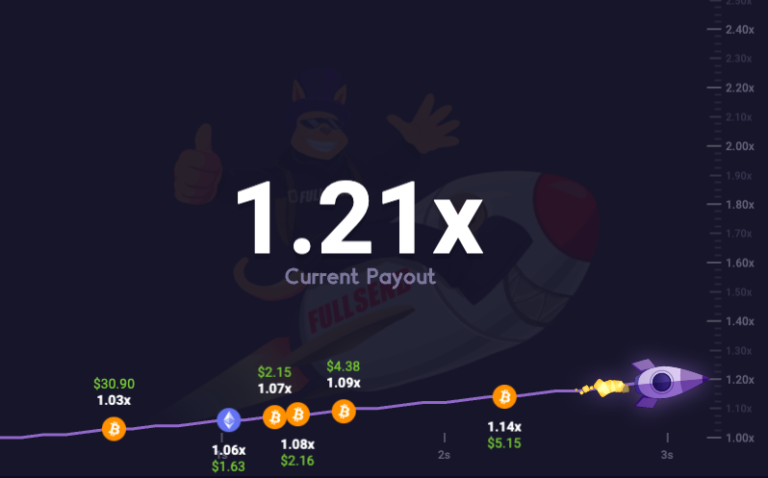

Read also: Google developers conference is all about AI, as in email-generated refund requests, maps, work documents AmazonĪmazon has the largest one-person consumer-purchase dataset and expanding AI capabilities, but its “hardware lags best of breed” even with 400 million devices, compared with Google and Apple, analysts said. Morgan Stanley’s note coincided with Google’s I/O 2023 developer conference Wednesday, in which executives touted Google’s AI developments and plans.

Plus, Google “has existing partner/developer relationships through its AI developer tools that we expect to further its data-set and reach over time,” while “state-of-the-art LLMs and multimodal models such as LaMDA, PaLM, and MUM are likely to be differentiated to build personal assistants on top of.”

“YouTube, Google Maps and productivity tools like Gmail is industry leading,” Morgan Stanley said. Google has about 3 billion users on an estimated 2.6 billion Android devices and 350 million from other devices, the analysts said, but data is “a key differentiator.”

Here are how the four Big Tech companies break down in those regards, according to the analysts. The analysts see AI as a “$6 trillion opportunity,” but believe that competing and winning in the assistant category will require three essentials: Hardware, proprietary data and AI investment/capabilities. “We see transformer models and large language models (LLMs) leading to the development of next-gen AI assistants with increased personalization, incremental use cases (interactive search and cross-sector online shopping with follow ups, improved personalization and recommendations, calendar management/scheduling, automated actions/task completion, monitoring of health status and financial condition, improved education/tutoring, and more) and higher consumer utility,” Morgan Stanley analysts - Brian Nowak covers Amazon, Alphabet and Meta, while Eric Woodring covers Apple - wrote in the note. Current assistants like Amazon’s Alexa, Google’s Assistant and Apple’s Siri have had “limited” commercial and consumer adoption, the analysts said, but they see assistants driven by large language models, or LLMs, “changing this…with these tools enablers of the structural acceleration in online consumer spend and online ad growth we see coming from AI.”


 0 kommentar(er)
0 kommentar(er)
